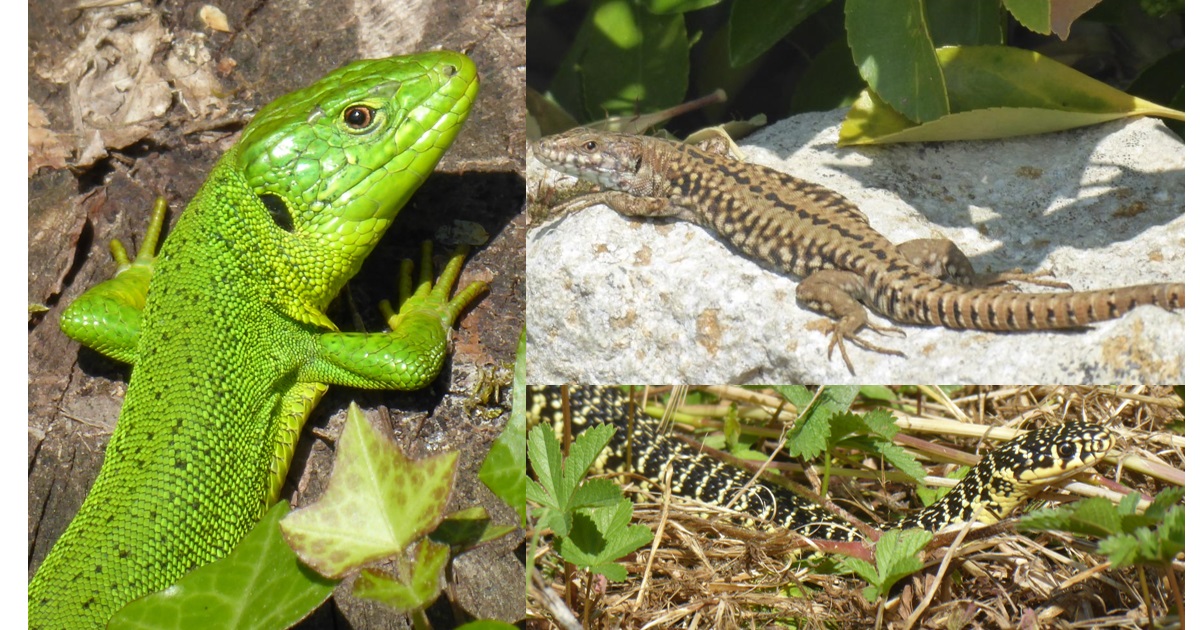- 2.1Impact Factor
- 4.0CiteScore
- 17 daysTime to First Decision
Biogeography, Ecology and Conservation of Reptiles
Special Issue Information
Dear Colleagues,
Diversity is a peer-reviewed open access journal publishing research on the science of biodiversity that publishes Special Issues that serve as collections of papers on specific topics. This latest Special Issue will focus on new studies on reptile ecology, evolution and conservation—three intrinsically linked subject areas. The papers published in a Special Issue will be collected and displayed on a dedicated page of the journal’s website and this Special Issue particularly seeks studies that are interdisciplinary and that combine aspects of ecology, ethology and evolution, so that the contributions can be of broad interest to a large number of readers. There are no limitations as to biogeographical region, and studies from the Global South are particularly welcome.
Special Issue submissions follow MDPI's standard editorial process and the journal’s Editor-in-Chief and/or designated Editorial Board Member will oversee Guest Editor appointments and Special Issue proposals, assessing their content for relevance and ensuring the suitability of the material for the journal. The papers published in a Special Issue will be collected and displayed on a dedicated page of the journal’s website. Further information on MDPI's Special Issue polices can be found here. For any inquiries related to a Special Issue, please contact the Editorial Office.
Dr. Roger Meek
Prof. Dr. Luca Luiselli
Guest Editors
Manuscript Submission Information
Manuscripts should be submitted online at www.mdpi.com by registering and logging in to this website. Once you are registered, click here to go to the submission form. Manuscripts can be submitted until the deadline. All submissions that pass pre-check are peer-reviewed. Accepted papers will be published continuously in the journal (as soon as accepted) and will be listed together on the special issue website. Research articles, review articles as well as short communications are invited. For planned papers, a title and short abstract (about 250 words) can be sent to the Editorial Office for assessment.
Submitted manuscripts should not have been published previously, nor be under consideration for publication elsewhere (except conference proceedings papers). All manuscripts are thoroughly refereed through a single-blind peer-review process. A guide for authors and other relevant information for submission of manuscripts is available on the Instructions for Authors page. Diversity is an international peer-reviewed open access monthly journal published by MDPI.
Please visit the Instructions for Authors page before submitting a manuscript. The Article Processing Charge (APC) for publication in this open access journal is 2100 CHF (Swiss Francs). Submitted papers should be well formatted and use good English. Authors may use MDPI's English editing service prior to publication or during author revisions.
Keywords
- reptiles
- ecology
- evolution
- conservation

Benefits of Publishing in a Special Issue
- Ease of navigation: Grouping papers by topic helps scholars navigate broad scope journals more efficiently.
- Greater discoverability: Special Issues support the reach and impact of scientific research. Articles in Special Issues are more discoverable and cited more frequently.
- Expansion of research network: Special Issues facilitate connections among authors, fostering scientific collaborations.
- External promotion: Articles in Special Issues are often promoted through the journal's social media, increasing their visibility.
- e-Book format: Special Issues with more than 10 articles can be published as dedicated e-books, ensuring wide and rapid dissemination.

